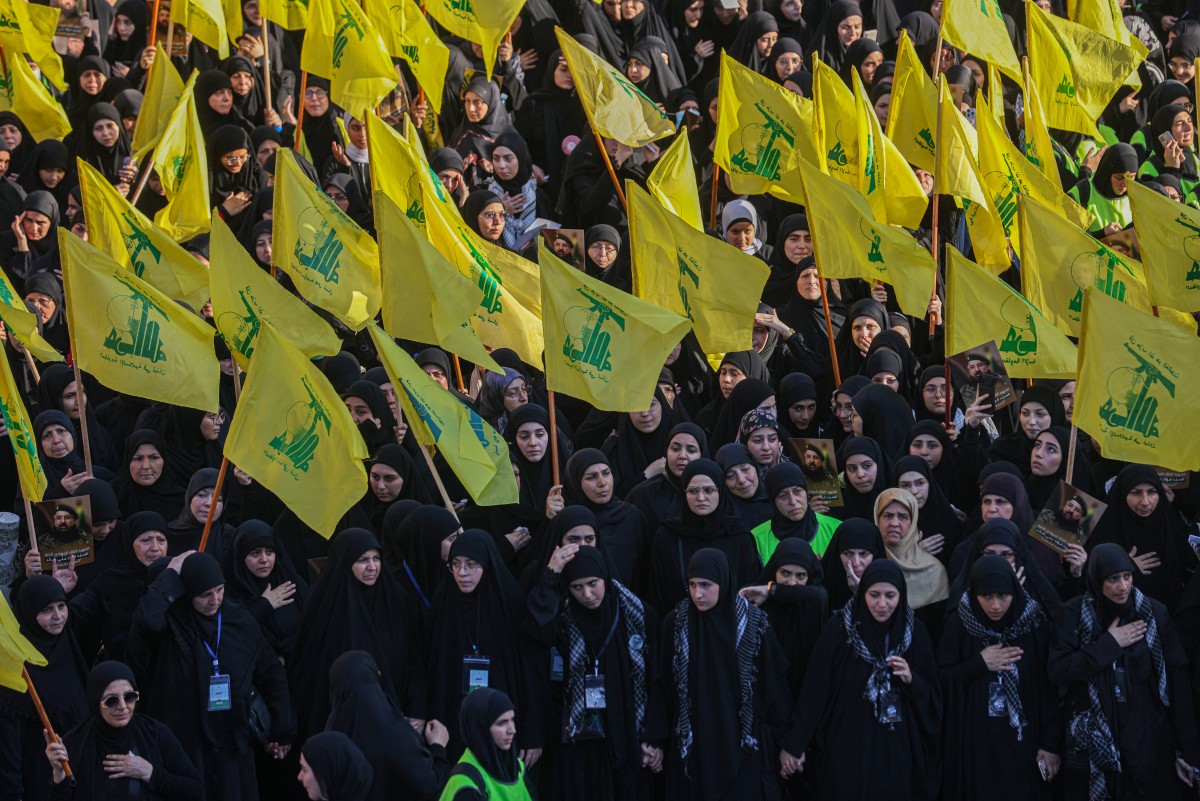
403
Sorry!!
Error! We're sorry, but the page you were looking for doesn't exist.
Hezbollah Secretary-General warns while group is exercising restraint its patience may not last
(MENAFN) Hezbollah Secretary-General Naim Qassem warned on Saturday that while the group is exercising restraint, its patience may not last the full 60 days of the ceasefire. His comments followed a threat from Israeli Defense Minister Israel Katz, who stated that for the ceasefire agreement to hold, Hezbollah must fully withdraw north of the Litani River, disarm, and remove its infrastructure with the help of the Lebanese army. Katz emphasized that failure to do so would render the agreement void. Meanwhile, reports surfaced suggesting that Israel intends to remain in Lebanese territory beyond the ceasefire period, while Hezbollah remains resolute in its readiness to defend Lebanese soil. The core issue in this dialogue revolves around the "breaches" each side accuses the other of, which risks undermining the ceasefire. Lebanon recently submitted a list of 800 alleged violations, including Israeli attacks on southern Lebanese villages, Israel's ongoing presence in 60 villages, and the prevention of 160,000 displaced people from returning home. Additionally, the Lebanese army's infrastructure and UNIFIL installations have been damaged by Israeli actions.
From Israel's perspective, operations in Lebanon are framed as "self-defense," arguing that it is justified in acting whenever a security threat emerges, especially if the Lebanese army is unable to respond. However, Lebanese sources assert that the Lebanese army is powerless to act in areas where Israeli forces are stationed, complicating the implementation of the agreement. An Israeli military source explained that the Lebanese army's capacity is limited, as it has not recruited enough troops to fully deploy in the south. The source added that Israel is not seeing significant efforts to dismantle Hezbollah's infrastructure or collect its weapons, noting that southern Lebanon is home to numerous weapon stockpiles, not just Hezbollah's.
The lack of clear targets or a defined level of infrastructure destruction gives Israel considerable leeway to continue its operations under the ceasefire. However, this flexibility could undermine the agreement's legitimacy from the Lebanese side. Hezbollah, while exercising patience, insists that the Lebanese government must demand Israel’s adherence to the terms of the ceasefire. If Lebanon fails to enforce the agreement, Hezbollah may feel compelled to take action to defend the state, not for external reasons such as the Gaza conflict or Iranian interests, but as a matter of national security. Hezbollah argues that Lebanon's inability to confront Israel underscores the necessity of maintaining its weapons and challenges the call for disarmament, warning that this could jeopardize the country's security. The group asserts that the Lebanese government's cooperation with U.S. and Israeli terms, as noted in recent statements, will only further compromise Lebanon’s sovereignty.
From Israel's perspective, operations in Lebanon are framed as "self-defense," arguing that it is justified in acting whenever a security threat emerges, especially if the Lebanese army is unable to respond. However, Lebanese sources assert that the Lebanese army is powerless to act in areas where Israeli forces are stationed, complicating the implementation of the agreement. An Israeli military source explained that the Lebanese army's capacity is limited, as it has not recruited enough troops to fully deploy in the south. The source added that Israel is not seeing significant efforts to dismantle Hezbollah's infrastructure or collect its weapons, noting that southern Lebanon is home to numerous weapon stockpiles, not just Hezbollah's.
The lack of clear targets or a defined level of infrastructure destruction gives Israel considerable leeway to continue its operations under the ceasefire. However, this flexibility could undermine the agreement's legitimacy from the Lebanese side. Hezbollah, while exercising patience, insists that the Lebanese government must demand Israel’s adherence to the terms of the ceasefire. If Lebanon fails to enforce the agreement, Hezbollah may feel compelled to take action to defend the state, not for external reasons such as the Gaza conflict or Iranian interests, but as a matter of national security. Hezbollah argues that Lebanon's inability to confront Israel underscores the necessity of maintaining its weapons and challenges the call for disarmament, warning that this could jeopardize the country's security. The group asserts that the Lebanese government's cooperation with U.S. and Israeli terms, as noted in recent statements, will only further compromise Lebanon’s sovereignty.

Legal Disclaimer:
MENAFN provides the
information “as is” without warranty of any kind. We do not accept
any responsibility or liability for the accuracy, content, images,
videos, licenses, completeness, legality, or reliability of the information
contained in this article. If you have any complaints or copyright
issues related to this article, kindly contact the provider above.


















Comments
No comment